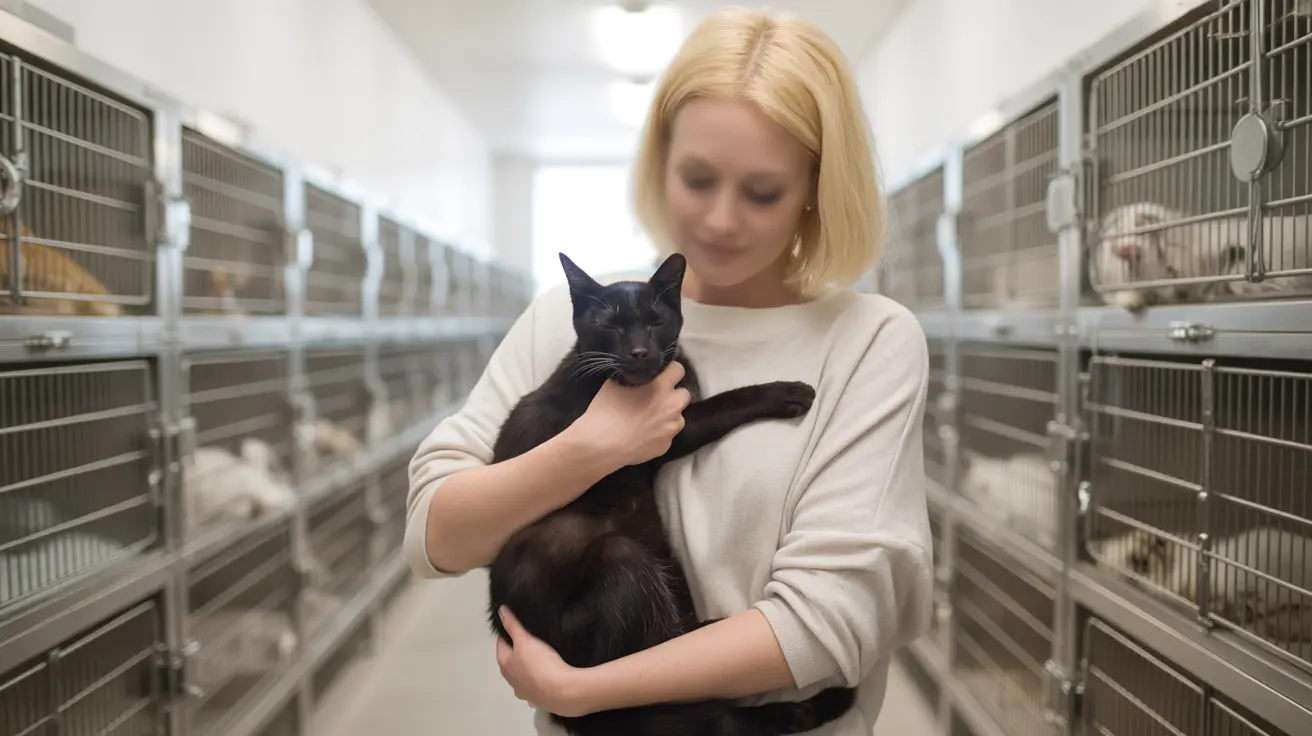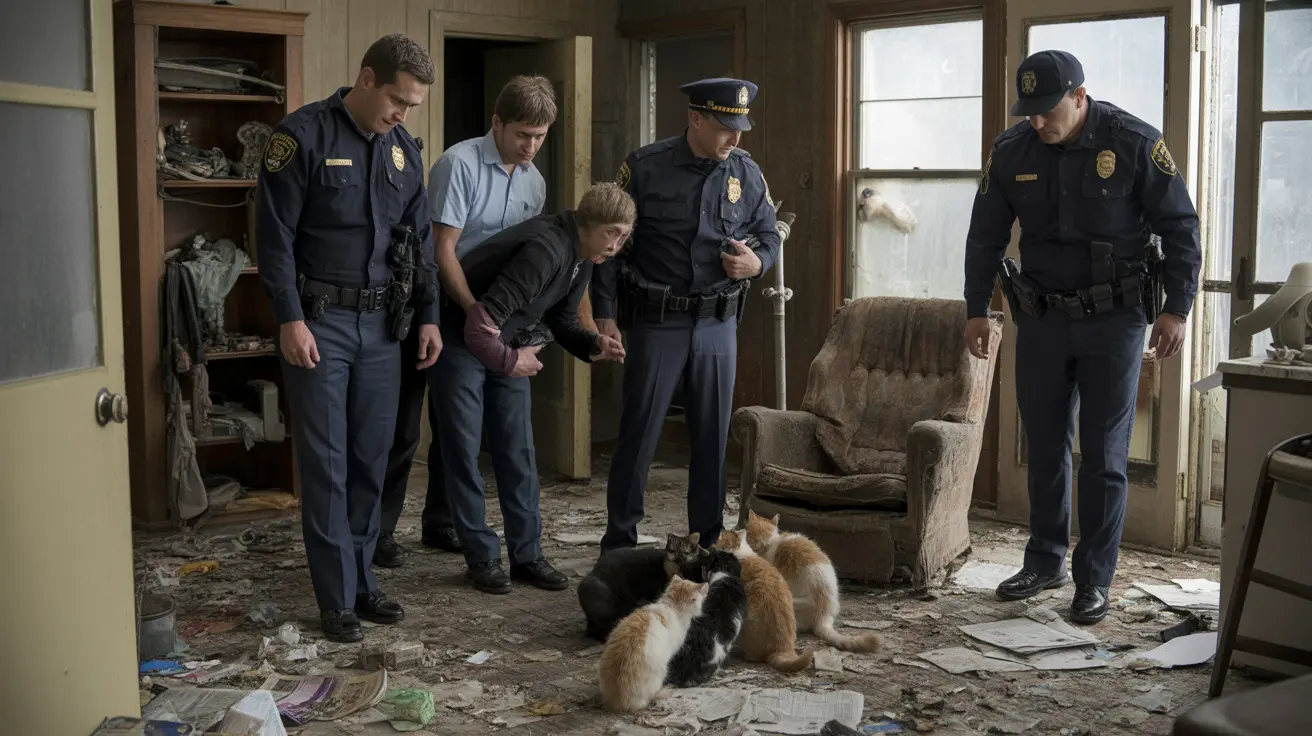Are Miniature Pinschers Good Pets? A Comprehensive Guide
The Miniature Pinscher, often affectionately known as the Min Pin, is a compact yet dynamic breed with a rich history and captivating personality. Originally bred in Germany, these small canines are notable for their spirited demeanor and striking appearance. Although frequently mistaken for a miniature Doberman due to their similar looks, Min Pins are a unique breed developed from a mix of German Pinscher, Dachshund, and Italian Greyhound ancestry. They are famed for their confidence, agility, and alertness.
Physical Characteristics
- Height: 10–12.5 inches (25–32 cm)
- Weight: 8–11 pounds (4–5 kg)
- Coat: Short, smooth, and sleek, requiring minimal grooming
- Colors: Solid red, stag red, black and rust, chocolate and rust
- Gait: Known for their distinctive high-stepping "hackney" gait
Despite their small frame, Min Pins carry themselves with boldness and dignity, commanding attention wherever they go.
Temperament and Personality
Miniature Pinschers are known for their bold, intelligent, and lively temperament. These dogs are fearless and confident, often unaware of their small size. They bond deeply with their owners and love being part of the family dynamic. However, Min Pins aren’t necessarily suited for every household.
- Devoted and affectionate with their families
- May be territorial and stubborn without firm training
- Excellent watchdogs who bark at unfamiliar sounds
- Require an experienced owner who can establish early leadership
Their personalities make them both entertaining and challenging. If trained consistently and provided with structure, they become remarkably well-behaved companions.
Training and Socialization
Training a Miniature Pinscher focuses on positive reinforcement and consistency. They’re food-motivated and eager to learn, given the right guidance. Early socialization is crucial for reducing territorial or aggressive tendencies toward other dogs and strangers.
- Participate in obedience and agility classes
- Start socialization early with pets, people, and varied environments
- Use structured routines and clear commands
- Avoid harsh discipline as they are sensitive and may become fearful
Without proper training, Min Pins may try to dominate or develop bad habits like barking, chewing, or escaping.
Activity and Exercise Needs
Though tiny in stature, Min Pins have boundless energy. They need daily physical and mental activity to avoid boredom-related behavior issues.
- Require at least 40 minutes of exercise per day
- Benefit from activities like fetch, agility courses, and interactive toys
- Enjoy indoor and outdoor play but need secure, fenced-in areas
They excel at agility and obedience competitions, making them a great choice for active and engaged owners.
Living Environment and Compatibility
Min Pins can adapt well to apartment living, provided their activity needs are met. While they are affectionate toward children, supervision is essential:
- Not ideal for homes with very young or rough-handling children
- Can coexist with other dogs if introduced and socialized early
- May chase small pets due to strong prey drive
Min Pins enjoy snuggling under blankets and prefer to sleep close to their humans. They crave companionship and may become anxious if left alone for extended periods.
Grooming and Care
These dogs are considered low-maintenance in terms of grooming but need careful attention to certain care areas:
- Brush weekly to remove loose hair
- Avoid overbathing to prevent skin dryness
- Trim nails regularly
- Maintain dental hygiene with brushing and dental treats
Min Pins are sensitive to cold. Provide warm clothing or blankets in cooler climates and avoid extended outdoor exposure in winter.
Health and Nutrition
Miniature Pinschers are generally a healthy and hearty breed with a lifespan of 12–16 years, though some conditions require monitoring:
- Patellar luxation
- Legg-Calve-Perthes disease
- Epilepsy
- Heart conditions
- Progressive retinal atrophy (PRA)
- Cataracts
- Hypothyroidism
Providing high-quality food tailored to their age, size, and energy level helps prevent obesity and supports vitality. Puppies benefit from multiple small meals, while adults can be fed once or twice daily. Always ensure access to clean water.
Conclusion: Are Miniature Pinschers Good Pets?
Miniature Pinschers make exciting, affectionate, and loyal companions for dedicated owners. They’re not always beginner-friendly, but those who meet their needs will be rewarded with a charismatic and entertaining family member. If you value a dog with intelligence, energy, and personality in a compact package, the Min Pin might just be the perfect match.





